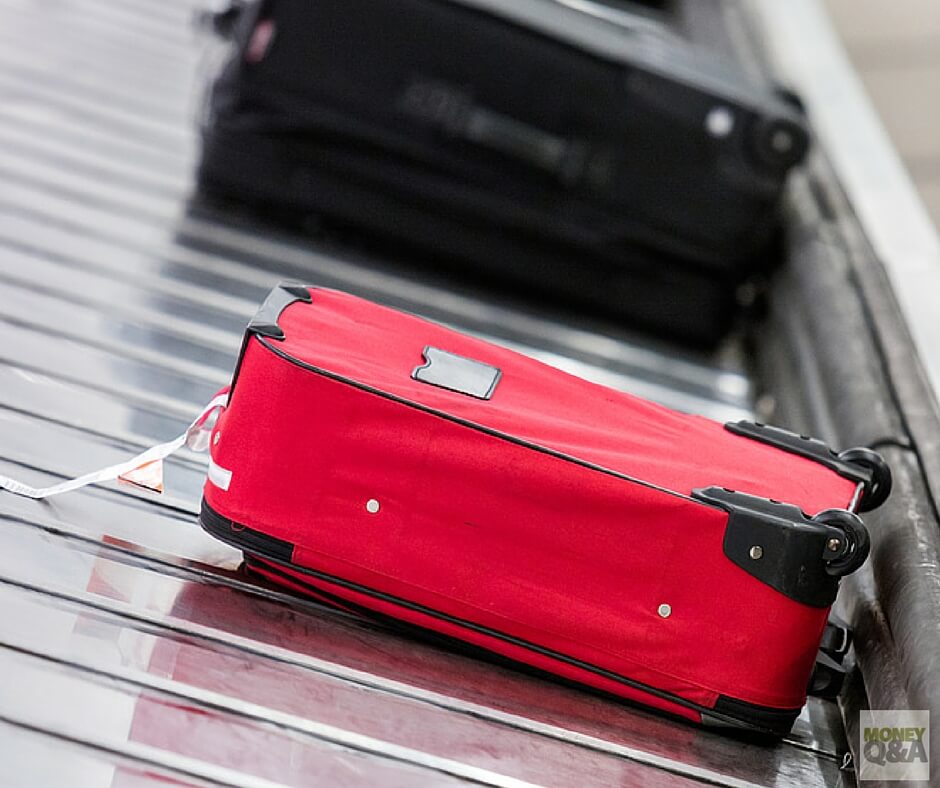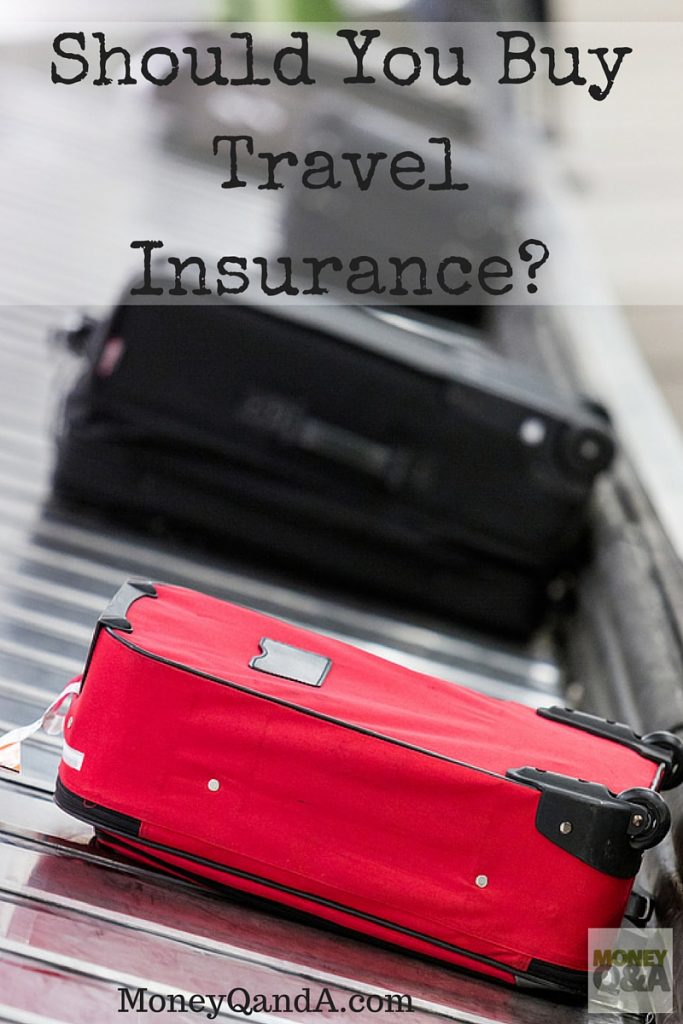
When booking flights, hotels, and other vacation-related expenses, you may stumble upon an option to purchase “trip protection insurance” or something similar to cover the costs of your transportation and/or accommodations in case your trip is canceled or delayed for a “covered” reason. For airline tickets, this insurance typically ranges from $20-50 per ticket and covers instances related to illness, injury, natural disasters, or other major reasons for canceling or delaying a trip.
The problem with travel insurance is that you may already be covered by your credit card company, depending on your card’s unique travel benefits and the fine print in your cardholder’s agreement. So why would anyone purchase the trip protection insurance promoted by airlines during checkout or general travel insurance offered by major companies like Allianz Global Assistance, Travelex, and Generali Global Assistance?
There could be coverage upgrades for events not covered by your credit card provider (e.g., trip cancelation if your job prevents you from leaving), additional health insurance coverage options for the traveler(s), and/or your preferred payment option doesn’t come with trip delay/cancelation insurance and you want an extra layer of financial security for your summer vacation investment.
To determine whether you’re a good candidate for travel insurance coverage, let’s dive into what is covered, what your credit card(s) may already cover, and why customized travel insurance coverage may be the way to go.
What Does Travel Insurance Cover?
Travel insurance is primarily designed to protect you financially against trip delays, interruptions, and cancelations due to major personal reasons, such as: being too ill or injured to travel or continue traveling (you, your fellow travelers, and/or an immediate family member who isn’t traveling with you), lost/stolen luggage, supplier bankruptcy (airline, tour company, hotel), rental car protection, and other qualifying events. While you can always talk to personal injury lawyers in the event of an accident, it isn’t a replacement for travel insurance; it’s more a supplemental compensation should you have grounds for a claim.
When you pay for nonrefundable airline tickets, hotel bookings, tour fees, and other vacation-related expenses, you won’t see any of that money back if/when you need to postpone or cancel the trip unless you have some kind of trip delay/interruption/cancelation insurance covering you.

What Types of Travel Insurance Are There?
There are several types of travel insurance coverage available, and many insurance plans include several of these policies:
- Trip Delay: if you need to postpone your trip by a few days due to serious medical condition(s) (typically a doctor must produce written proof that you’re too sick or injured to travel for this event to qualify), the flight gets delayed or severe weather prevents you from getting to your destination
- Trip Interruption: if you need to cut the trip short for the same reasons listed above, trip interruption protection has you covered (oftentimes, travel insurance with this option will also help you pay the difference for more expensive flights home booked last-minute)
- Trip Cancelation: if you can’t travel at all due to medical, family death, jury duty, military service, or other covered reasons (be sure to read the fine print on all travel insurance policies before taking out coverage!) then trip cancelation insurance will reimburse you for nonrefundable expenses like airfare, hotels, tours and other things you already paid for in advance
- Emergency Medical: this coverage option covers hospital, ambulance, and other medical expenses for you while traveling in an area or country where you’re not covered by your usual health insurance plan (note: there is usually a deductible associated with travel health insurance). This coverage option also typically covers emergency medical evacuation – a flight back home – for when you need to be treated by a doctor in your own state or country.
- Rental Car Coverage: why pay the rental car company for supplementary auto insurance and roadside assistance when a travel insurance plan likely already covers you?
- Lost/Stolen Baggage: this covers the cost of replacing your personal items if they’re lost or stolen during your trip (up to a certain amount specified in your contract)
Does Your Credit Card Cover It?
The problem with travel insurance is that you may already have this coverage provided by your credit card company. If you book the majority of your trip’s travel, accommodations, and tour expenses with a credit card (especially if it’s a travel reward credit card), then you may already have trip delay/cancelation coverage with lost/stolen baggage protection and rental car coverage.
For example, Chase is known for providing cardholders with exceptional travel benefits on some of its cards (especially the Sapphire Reserve and Sapphire Preferred). With a Chase Sapphire card, you already get lost/stolen baggage protection (up to $3,000), rental car collision coverage, roadside assistance, trip delay reimbursement ($500 per person for meals and lodging expenses incurred due to a qualifying delay), trip cancelation/interruption insurance (up to $10,000 per person and $20,000 per trip for nonrefundable expenses), and even accidental death and dismemberment coverage (up to $500,000).
Granted, you must pay for your travel expenses with the credit card in order to be eligible for the insurance coverage (simply being a cardholder isn’t enough to activate coverage). However, you can see that – depending on which credit card you have – you may already have all the financial protection you need for your upcoming vacation.
How Much Does Travel Insurance Cost?
If your credit card company doesn’t offer stellar trip protection insurance or you still want to take out additional coverage for uncovered items and events (“cancelation for any reason” insurance exists, but it’ll cost you dearly), then you can expect to pay about 5-10% of your trip’s overall cost for the travel insurance plan.
This means that a $5,000 vacation may cost you $250-500 for a travel insurance plan, depending on how much coverage you get, what your age is, and how many people are covered under your plan. The travel insurance provider will also ask about which countries you’re going to since this helps them assess the level of risk involved in your travel plans.
Other, more bare bones plans may cost less than $200 for the whole trip, but be sure to thoroughly read the plan’s terms and conditions before shelling out any money for travel insurance.
It really depends. If you have excellent travel perks with your credit cards, then travel insurance may not offer much more protection than your card already does (assuming you booked most of your travel expenses with that credit card).
However, vacations aren’t cheap, and not getting to enjoy some/all of your planned trip due to an unforeseen event can be both emotionally and financially devastating, so make sure you have some sort of trip protection insurance in place as soon as you book your summer travel plans.

